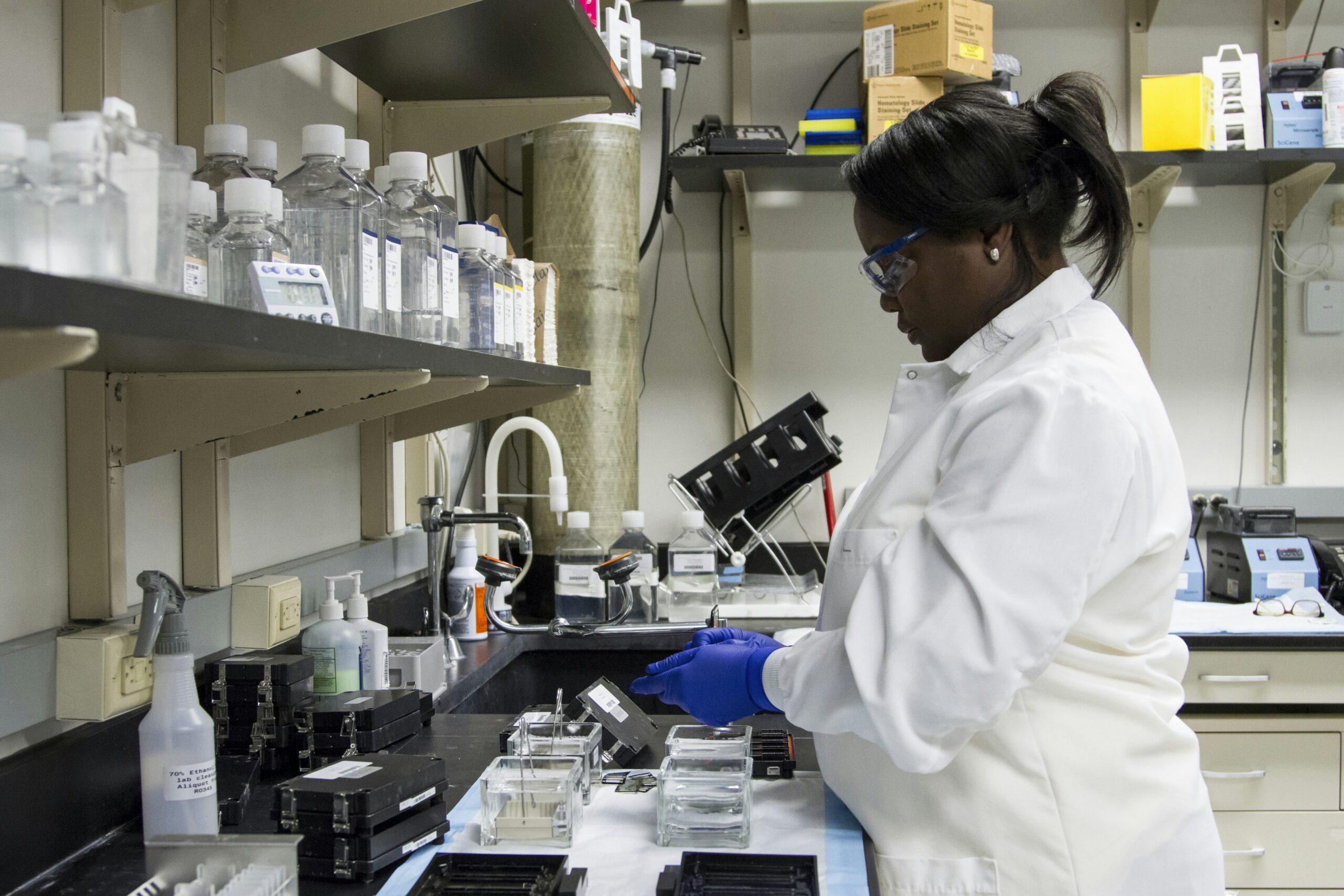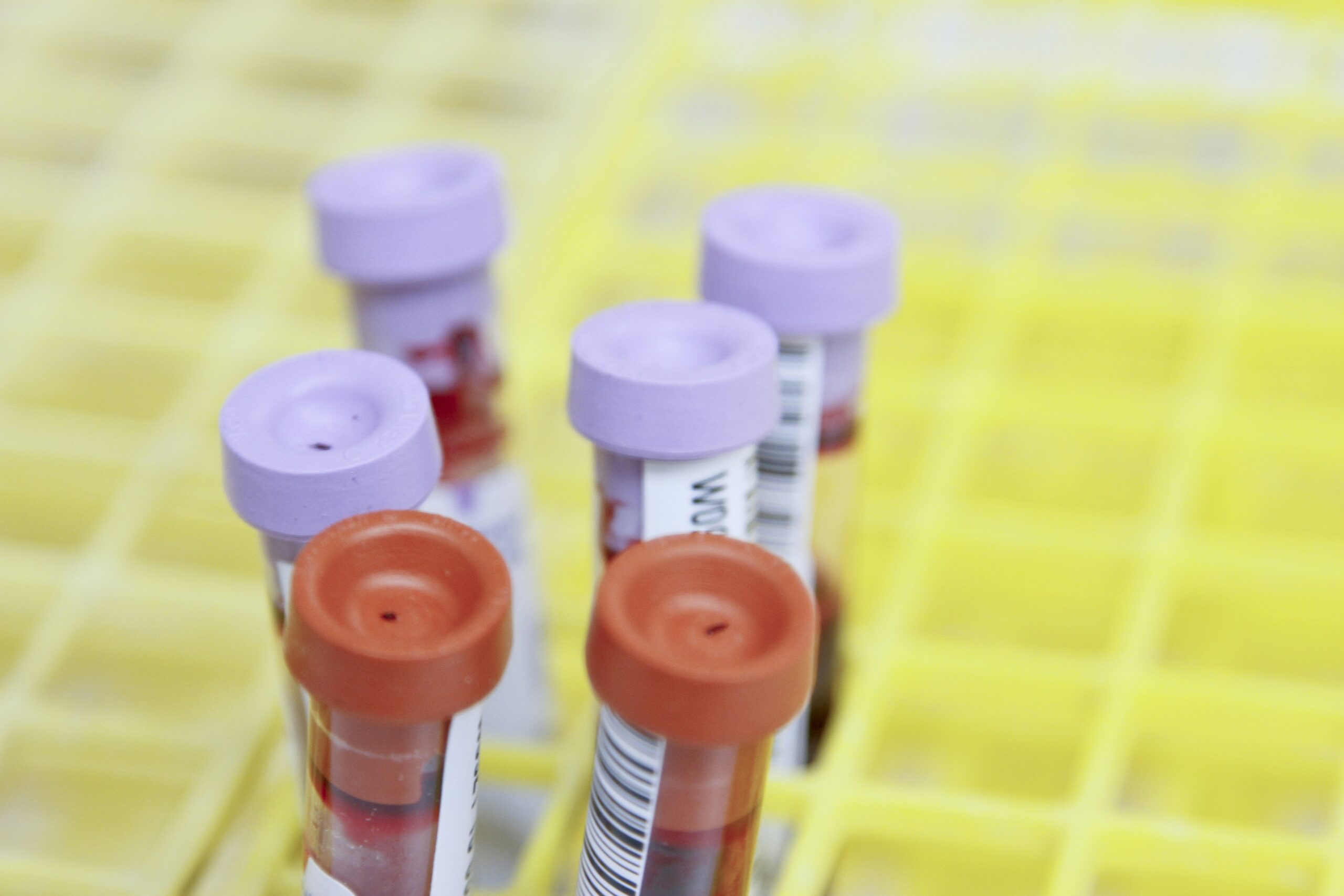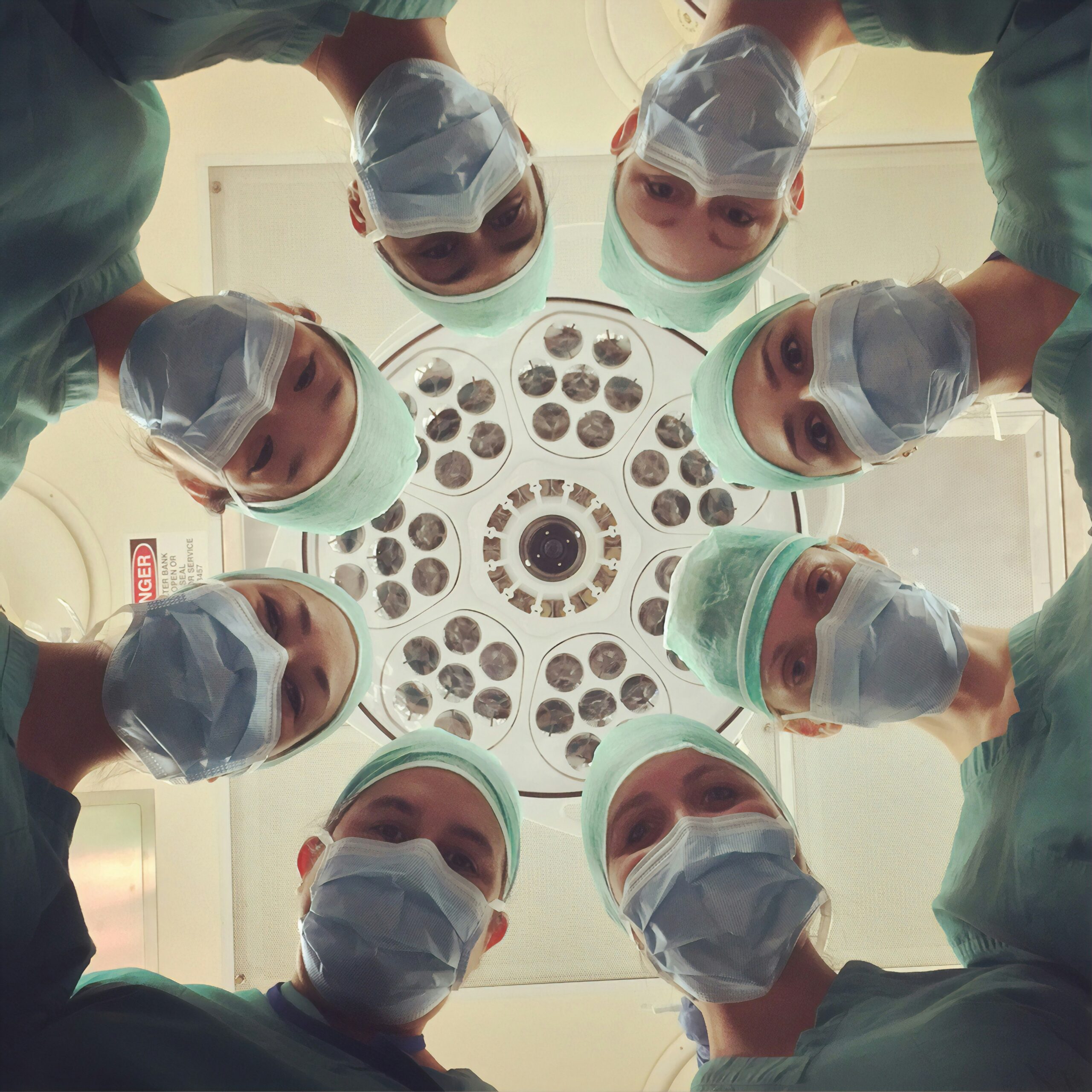Have you ever wondered what exactly the purpose of the prostate gland is? Well, look no further, because we're about to uncover everything you need to know about this small but mighty organ. The prostate gland is a crucial part of the male reproductive system, responsible for producing a fluid that nourishes and protects sperm. Beyond its reproductive role, this gland also plays a vital role in bladder control. So, let's dive into the fascinating world of the prostate gland and explore its significance in male health.
Anatomy of the Prostate Gland
Location of the Prostate Gland
The prostate gland is a small, walnut-shaped gland located just below the bladder and in front of the rectum in men. It surrounds the urethra, the tube that carries urine and semen out of the body. The proximity of the prostate gland to these important structures plays a crucial role in its functions.
Structure of the Prostate Gland
The prostate gland consists of several lobes or sections. These include the central zone, transitional zone, and peripheral zone. Each lobe has a different structure and function. The central zone is responsible for producing secretions that contribute to semen production. The transitional zone surrounds the urethra and undergoes changes with age, often leading to urinary symptoms. The peripheral zone is the largest section and is where the majority of prostate cancers originate.
Size of the Prostate Gland
The size of the prostate gland can vary among individuals. Generally, it is about the size of a walnut, but it tends to grow in size with age. In younger men, the prostate gland is usually around 20 grams in weight, but it can enlarge to over 100 grams in older individuals. The size of the prostate gland can have implications for both urinary and reproductive functions.
Surrounding Structures to the Prostate Gland
The prostate gland is surrounded by several important structures. It is situated between the bladder and the urogenital diaphragm, a group of muscles that help control urination. The rectum lies just behind the prostate gland. These surrounding structures not only offer protection to the prostate gland but also affect its functions.
Understanding the Purpose of the Prostate Gland
Overview of the Prostate Gland's Functions
The prostate gland has multiple functions, affecting both reproductive and non-reproductive systems in males. Primarily, it produces and secretes a fluid that forms part of semen. Additionally, it helps transport sperm and provides nutrients for their survival. The prostate gland also plays a role in urinary function and hormonal balance, while influencing sexual function and overall quality of life.
Procreation and the Prostate Gland
The prostate gland is crucial for procreation as it produces seminal fluid. This fluid, rich in nutrients and enzymes, helps sustain and protect the sperm. During ejaculation, the prostate gland contracts and releases its secretions, aiding in the mobility and survival of sperm in the female reproductive tract.
Role of the Prostate Gland in Ejaculation
The prostate gland plays a vital role in ejaculation. As sexual arousal increases, the prostate gland begins to produce and store semen. During orgasm, the muscles of the prostate gland contract, forcefully expelling the semen into the urethra. This rhythmic contraction facilitates the propulsion of sperm during ejaculation.
Prostate Gland in Semen Production
The secretions from the prostate gland contribute to the production of semen. These secretions include various essential components, such as enzymes, citric acid, and zinc, which provide energy and protection to sperm. Seminal fluid produced by the prostate gland also helps to neutralize the acidic environment of the female reproductive tract, increasing the chances of fertilization.

Role of the Prostate Gland in Male Reproductive System
Assisting in Sperm Transportation
Apart from their role in semen production, the secretions from the prostate gland also aid in the transportation of sperm. As sperm travel through the male reproductive system, they mix with the secretions from the prostate gland, providing nourishment and protection along the way. This process enhances the survival and motility of sperm.
Provision of Nutrients to Sperm
The prostate gland secretes a fluid that provides vital nutrients, including fructose, which acts as an energy source for sperm. This high-energy fluid helps sustain sperm during their journey through the female reproductive system, increasing the chances of successful fertilization.
Production of Prostate Specific Antigen
The prostate gland produces a protein called prostate-specific antigen (PSA). PSA is essential for the liquefaction of semen after ejaculation, allowing sperm to swim more freely. Elevated levels of PSA in the bloodstream can indicate the presence of prostate-related conditions, such as prostatitis or prostate cancer, which may require further investigation.
Production of Seminal Fluid
The primary function of the prostate gland is the production of seminal fluid. This fluid, when combined with sperm and other secretions from the seminal vesicles and bulbourethral glands, forms semen. Seminal fluid helps protect and nourish sperm, enabling them to survive in the female reproductive tract and increasing the likelihood of successful fertilization.
Prostate Gland's Non-Reproductive Functions
Role in Urinary Function
Although the prostate gland is primarily known for its role in reproductive functions, it also has a significant impact on urinary function. The location of the prostate gland, surrounding the urethra, means that any changes or enlargement can obstruct the flow of urine. This can lead to symptoms such as frequent urination, weak urine flow, and difficulty emptying the bladder.
Prostate Gland's Role in Hormone Production
The prostate gland participates in the production and regulation of hormones. It produces an enzyme called 5-alpha-reductase, which converts testosterone, a male hormone, into dihydrotestosterone (DHT). DHT is crucial for the development, growth, and maintenance of the prostate gland. However, excessive levels of DHT can contribute to the enlargement of the prostate gland and the development of certain prostate conditions.
Importance of the Prostate Gland to Sexual Function
The health and proper functioning of the prostate gland are closely linked to sexual function. By producing seminal fluid and contributing to ejaculation, the prostate gland plays a pivotal role in sexual pleasure and fertility. Any disruptions to the prostate gland's structure or function can impact sexual satisfaction and reproductive capabilities.

Common Problems with the Prostate Gland
Prostatitis: Causes and Symptoms
Prostatitis is the inflammation of the prostate gland, typically caused by bacterial infection. It can lead to discomfort or pain in the pelvic region, urinary symptoms such as frequent urination and urgency, as well as sexual dysfunction. Prostatitis can be acute or chronic, and appropriate medical treatment is necessary to alleviate symptoms and prevent complications.
Benign Prostatic Hyperplasia (BPH): Causes and Symptoms
Benign prostatic hyperplasia, commonly referred to as BPH, is the non-cancerous enlargement of the prostate gland, commonly seen in aging men. BPH can lead to urinary symptoms, including frequent urination, weak urine flow, and difficulty starting or stopping urination. While BPH is not life-threatening, it can significantly impact quality of life, and treatment options are available to manage the condition.
Prostate Cancer: Causes and Symptoms
Prostate cancer is the most common cancer among men. It occurs when abnormal cells develop in the prostate gland, leading to the formation of a tumor. Early-stage prostate cancer may not cause noticeable symptoms, but as the disease progresses, symptoms such as difficulty urinating, blood in the urine or semen, and erectile dysfunction may occur. Regular screening and prompt medical attention are essential for the early detection and treatment of prostate cancer.
Diagnosis and Treatment of Prostate Conditions
Diagnostic Tests for Prostate Conditions
To diagnose prostate conditions, healthcare professionals may employ various diagnostic tests. These tests may include a digital rectal exam (DRE) to assess the size and texture of the prostate gland, a blood test to measure prostate-specific antigen (PSA) levels, and imaging studies such as ultrasound or MRI scans to visualize the prostate gland and detect any abnormalities. In some cases, a tissue sample may be obtained through a prostate biopsy for further evaluation.
Medical Treatment Options for Prostate Conditions
The treatment options for prostate conditions depend on the specific condition diagnosed. For prostatitis, antibiotics are typically prescribed to combat the bacterial infection. Benign prostatic hyperplasia is often managed through medications that help relax the muscles in the prostate gland and improve urine flow. In cases of prostate cancer, treatment options may include surgery, radiation therapy, chemotherapy, hormone therapy, or a combination, depending on the stage and severity of the cancer.
Surgery and Other Procedures for Prostate Conditions
Surgery and other procedures may be necessary for certain prostate conditions. Transurethral resection of the prostate (TURP) is a common surgical procedure used to treat BPH by removing excess prostate tissue. Other surgical options include transurethral incision of the prostate (TUIP) and laser ablation techniques. Minimally invasive procedures, such as transurethral microwave thermotherapy (TUMT) or laser therapy, may also be employed for BPH treatment.

Management and Prevention of Prostate Conditions
Lifestyle Changes for Prostate Health
Making certain lifestyle changes can help promote prostate health and reduce the risk of developing prostate conditions. Regular exercise, maintaining a healthy weight, and consuming a balanced diet rich in fruits, vegetables, whole grains, and lean proteins can contribute to overall prostate health. Avoiding excessive alcohol consumption and tobacco use also play a part in reducing the risk of certain prostate conditions.
Medical Check-Ups for Prostate Health
Routine medical check-ups are essential for monitoring and maintaining prostate health. Regular visits to a healthcare professional allow for the early detection of any potential prostate-related issues. Men should discuss their family history, symptoms, and concerns with their healthcare provider to assess the need for further screening or diagnostic tests.
The Role of Diet in Prostate Health
Diet plays a crucial role in prostate health. Consuming a diet rich in antioxidants, such as vitamins C and E, selenium, and lycopene, may help reduce the risk of prostate cancer. Foods such as tomatoes, berries, nuts, green leafy vegetables, and fatty fish are known to have beneficial effects on prostate health. A balanced diet that includes these nutrients can contribute to overall prostate health and lower the risk of certain prostate conditions.
Male Hormones and the Prostate Gland
Role of Testosterone in Prostate Function
Testosterone, a male hormone, plays a significant role in prostate function and health. It is essential for the development and growth of the prostate gland during puberty. Throughout adulthood, testosterone continues to regulate prostate function and maintain its normal structure. Imbalances in testosterone levels, particularly increased conversion to dihydrotestosterone (DHT), can contribute to prostate enlargement and the development of certain prostate conditions.
How Hormone Levels Affect the Prostate
Hormone levels, specifically testosterone and DHT, have a direct impact on the prostate gland. Excessive levels of DHT can lead to the enlargement of the prostate gland, a condition known as benign prostatic hyperplasia (BPH). Imbalances in hormone levels may also contribute to the growth of prostate cancer. Maintaining hormonal balance through regular medical check-ups and appropriate treatment is crucial for prostate health.

Aging and the Prostate Gland
Changes to the Prostate With Age
As men age, the prostate gland undergoes several changes. One of the most common changes is the enlargement of the prostate, known as benign prostatic hyperplasia (BPH). This enlargement is a normal part of the aging process, affecting a significant portion of older men. The increased size of the prostate gland can lead to urinary symptoms and potentially impact sexual function.
Increased Risk of Prostate Conditions With Age
With advancing age, the risk of developing certain prostate conditions, such as prostatitis and prostate cancer, increases. Regular screening and proactive management become increasingly important for maintaining optimal prostate health. Early detection of prostate conditions in older individuals can lead to better outcomes and a higher quality of life.
Impact of Prostate Health on Quality of Life
Effects on Sexual Function
Prostate health has a significant impact on sexual function. Conditions such as prostatitis, BPH, or prostate cancer can affect erectile function, ejaculation, and overall sexual satisfaction. Treating and managing prostate conditions can help minimize their impact on sexual health and improve overall quality of life.
Effects on Urinary Function
Prostate conditions can significantly affect urinary function. An enlarged prostate, inflammation, or the presence of cancerous cells can obstruct the flow of urine and lead to urinary symptoms. Frequent urination, urgency, weak urine flow, and difficulty emptying the bladder are common symptoms that can impact daily life. Appropriate treatment and management of prostate conditions can help alleviate urinary symptoms and improve overall urinary function.
Psychological Impact of Prostate Disorders
The impact of prostate disorders extends beyond the physical symptoms and can have a psychological toll on individuals. The fear, anxiety, and uncertainty associated with a prostate condition diagnosis, the potential impact on sexual function and fertility, and the side effects of treatment can cause emotional distress. Support from healthcare professionals, loved ones, and support groups can play a crucial role in managing the psychological impact of prostate disorders and improving overall well-being.
In conclusion, the prostate gland is a vital organ in the male reproductive system with multiple functions. It plays a significant role in semen production, sperm transportation, and hormonal balance. The prostate gland also contributes to urinary function and has a profound impact on overall quality of life. Understanding the anatomy, purpose, and common problems related to the prostate gland is crucial for early detection, timely treatment, and effective management of prostate conditions. By prioritizing prostate health, adopting a healthy lifestyle, and seeking regular medical check-ups, individuals can promote optimal prostate function and maintain a high quality of life.


